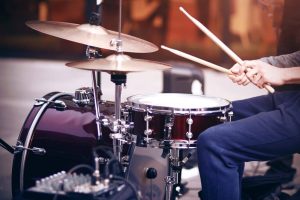Shopping guide for playgrounds
A playground is a public or private facility consisting of a delimited area and a series of game elements, aimed at children and minors.
In terms of playgrounds and child safety, the game elements are known as the set of devices (swings, seesaws, slides, etc.) made available to children for their fun in a playground.
What regulations should playgrounds meet?
playground surfaces are one of the recreational spaces where children spend more time, so the safety of their game elements is essential to avoid accidents.
The information regarding the rules, advice or recommendations for the use of playgrounds is collected in the following link.

How to choose the game elements for my playground?
Considering the wide variety of types and models of game elements for children’s playgrounds, choosing something durable, affordable, safe and fun can take a lot of time. So we facilitate the decision, indicating some of the points you have to take into account to make the decision.
The material
- The type of materials is very important to make a decision, as it will vary according to the aesthetic that interests us or the maintenance requirements.
- The materials used for the manufacture of the different elements of playgrounds are metal, wood and plastic.
- . Part 1: General safety requirements and test methods, includes in the section “safety requirements” the materials that can be used for the construction of game equipment that are: wood, metals and synthetic materials. Although this rule does not go too deep.
- Each of these materials has its advantages and disadvantages.
WOOD
There are several types of wood that are used to make swings and other elements of outdoor games. These include redwood, red cedar, yellow cedar, northern white cedar, pressure treated pine, etc. Here are briefly the characteristics of each of them:
-
- The wood is redwood and is ideal for game elements, since it is less likely to rot or attract insects. However, the low range redwood has more knots which can weaken it.
-
- Cedar wood is resistant to putrefaction, although its lack of density can cause bolts and bolts to loosen more frequently.
-
- Pine wood is the cheapest but it is also the softest and least resistant.
-
- Water-repellent and pressure-treated wood is the best choice for wooden game elements.
-
- Swings, slides or wooden seesaws are more ecological and are more in line with the nature of the garden or the green area where it will be located. That is, they fit more harmoniously with the countryside.
-
- In addition, wood is a very durable and durable material for outdoor play elements and supports a lot of weight.
-
- However, it has the counterpoint that it is usually the most expensive material and, if it does not have the proper care and maintenance, it can have cracks and chips.
- On the other hand, wood is a living entity and behaves, in many cases, expanding or reducing the cracks of the same. In this sense, humid and cold climates can have negative effects for wood. In any case, the wooden game elements need periodic maintenance.













